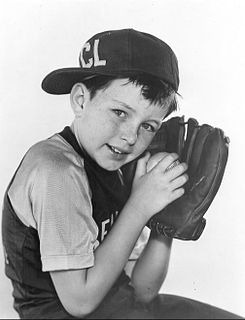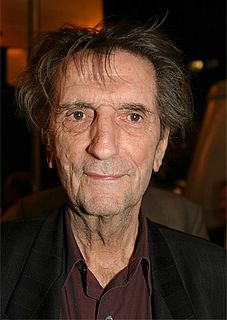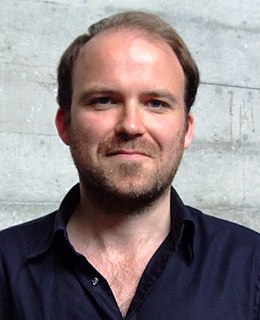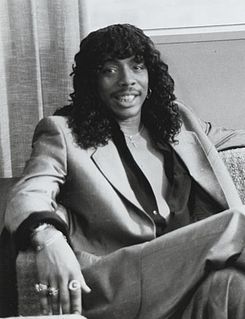A Quote by William P. Young
I had a very angry father and was disconnected from my family.
Related Quotes
I hated being typecast in those roles. It was personally limiting, only playing stereotyped heavies. But I got those roles because I was angry, because that's what I projected. I was angry at my mother and father because they didn't get along, angry at the church. On top of that, I had an extreme lack of self-confidence.
I'm in a very close-knit, very, very tight family. My grandmother had 13 kids, so we had a lot of family like 50, 60 grandchildren and we all lived in Jersey, relatively in the same area. So every time there was something, my entire family was there. And I just believed everybody's family was like that.
I was brought up in a very naval, military, and conservative background. My father and his friends had very typical opinions of the British middle class - lower-middle class actually - after the war. My father broke into the middle class by joining the navy. I was the first member of my family ever to go to private school or even to university. So, the armed forces had been upward mobility for him.


































